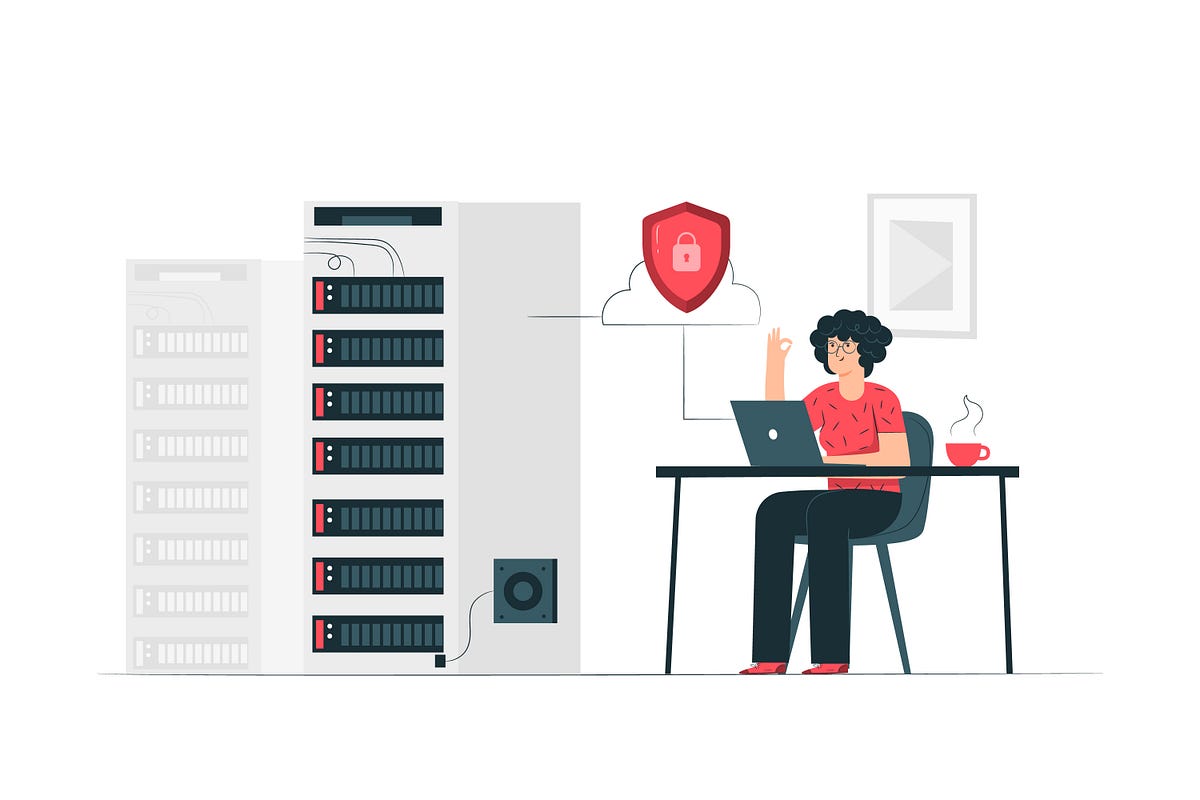BOOK THIS SPACE FOR AD
ARTICLE ADLogged into Account 2, I attempted to access the profile URL for Account 1 (/users/jubuwylycyclelovecc). As expected, the website returned an “Access Restricted” message, indicating that direct URL manipulation alone would not bypass the restriction.
In the private tab logged into Account 2, I replaced its cookies with those captured from Account 1. Then, I reloaded the Account 1 profile URL (/users/jubuwylycyclelovecc).
The page loaded successfully, granting full access to Account 1’s profile. This confirmed that the server did not validate the session cookies against the user currently logged in, allowing me to hijack the session.
This vulnerability arises from improper session management. The website relies solely on cookies for session tracking but does not bind them to specific users. Here’s why this is problematic:
Lack of Cookie Validation: The server does not verify if the cookies in a request belong to the authenticated user.Improper Access Controls: Changing the session cookies was sufficient to bypass the “Access Restricted” mechanism.Session Hijacking: By replacing one user’s cookies with another’s, I could impersonate the targeted user without any additional authentication steps.This vulnerability poses significant risks, including:
Unauthorized access to sensitive user data.Account takeovers, allowing attackers to perform malicious actions on behalf of the victim.Potential data breaches and legal implications for the organization.To mitigate this vulnerability, the website’s developers should:
1- Tie Sessions to Users:
Ensure session cookies are validated against the authenticated user.2- Use Secure Cookies:
Set cookies as HttpOnly and Secure to prevent client-side manipulation.3- Implement Access Controls:
Verify user identity on every request to sensitive resources.4- Regenerate Session Tokens:
Rotate session tokens upon login to prevent session fixation attacks.This experience highlights the importance of robust session management in web applications. By responsibly reporting this vulnerability, I contributed to improving the website’s security and protecting its users. For ethical hackers, it’s a reminder of the power of observation and persistence in uncovering critical flaws.
.png)
 1 day ago
10
1 day ago
10 














 Bengali (Bangladesh) ·
Bengali (Bangladesh) ·  English (United States) ·
English (United States) ·